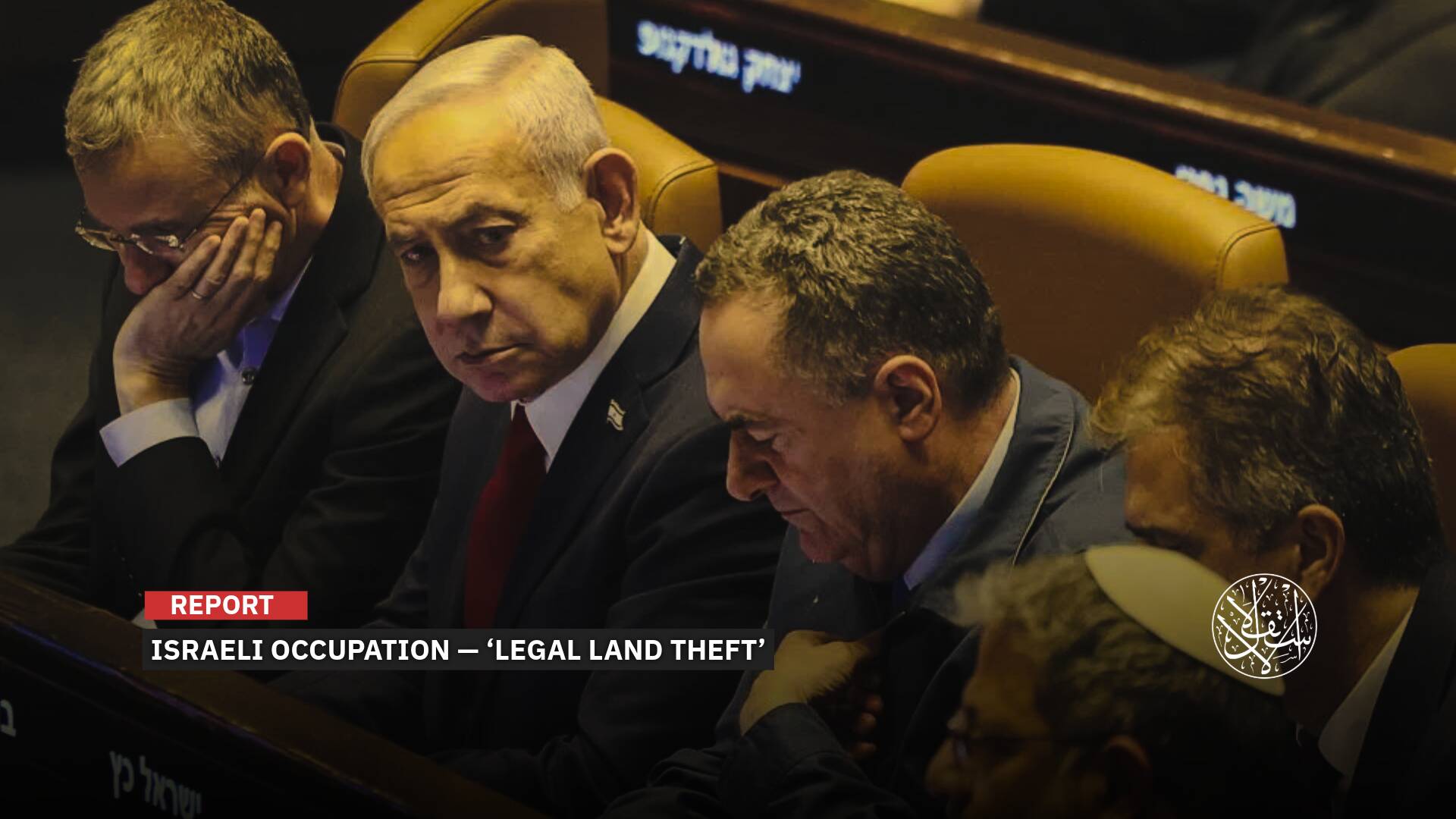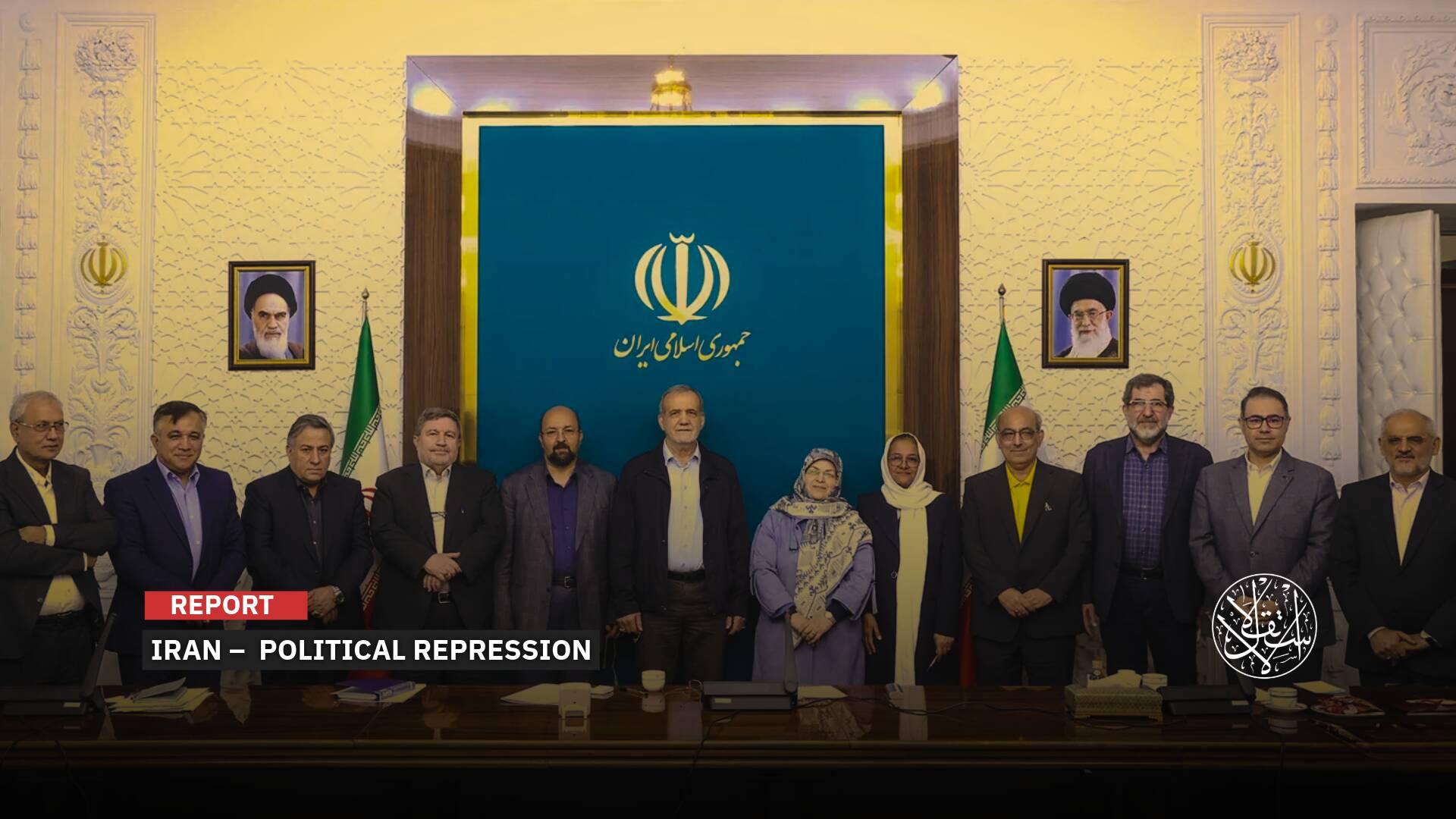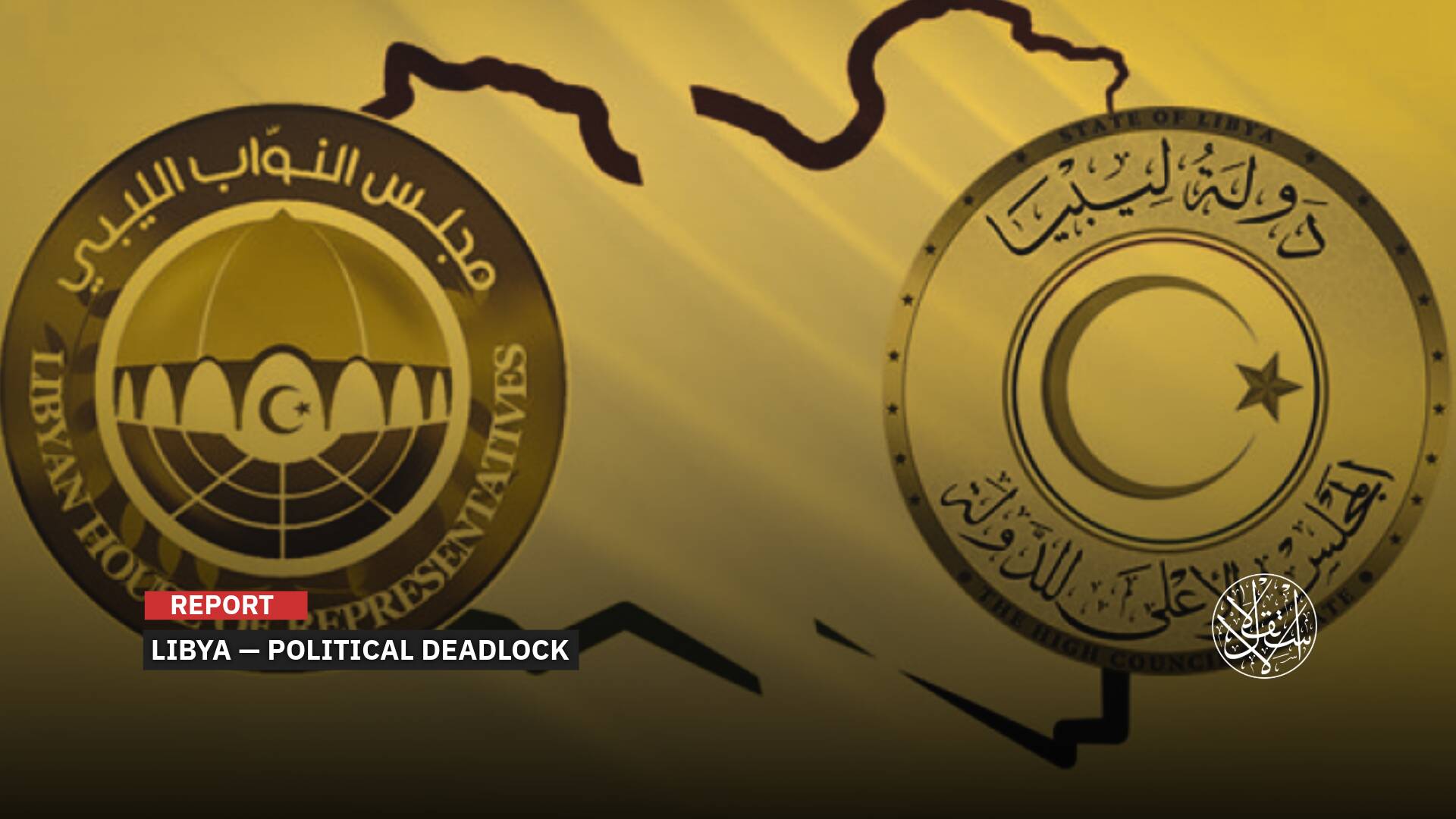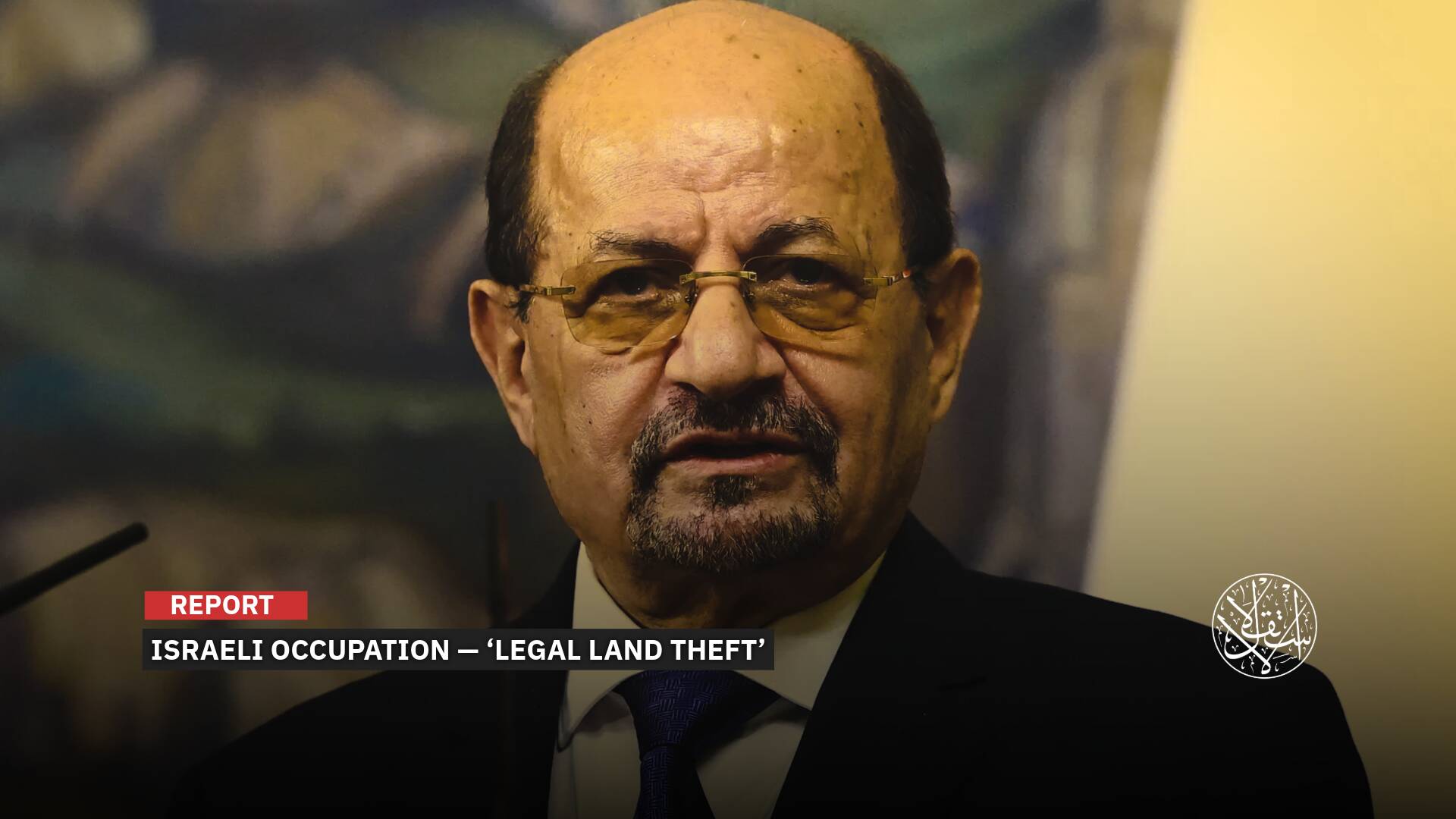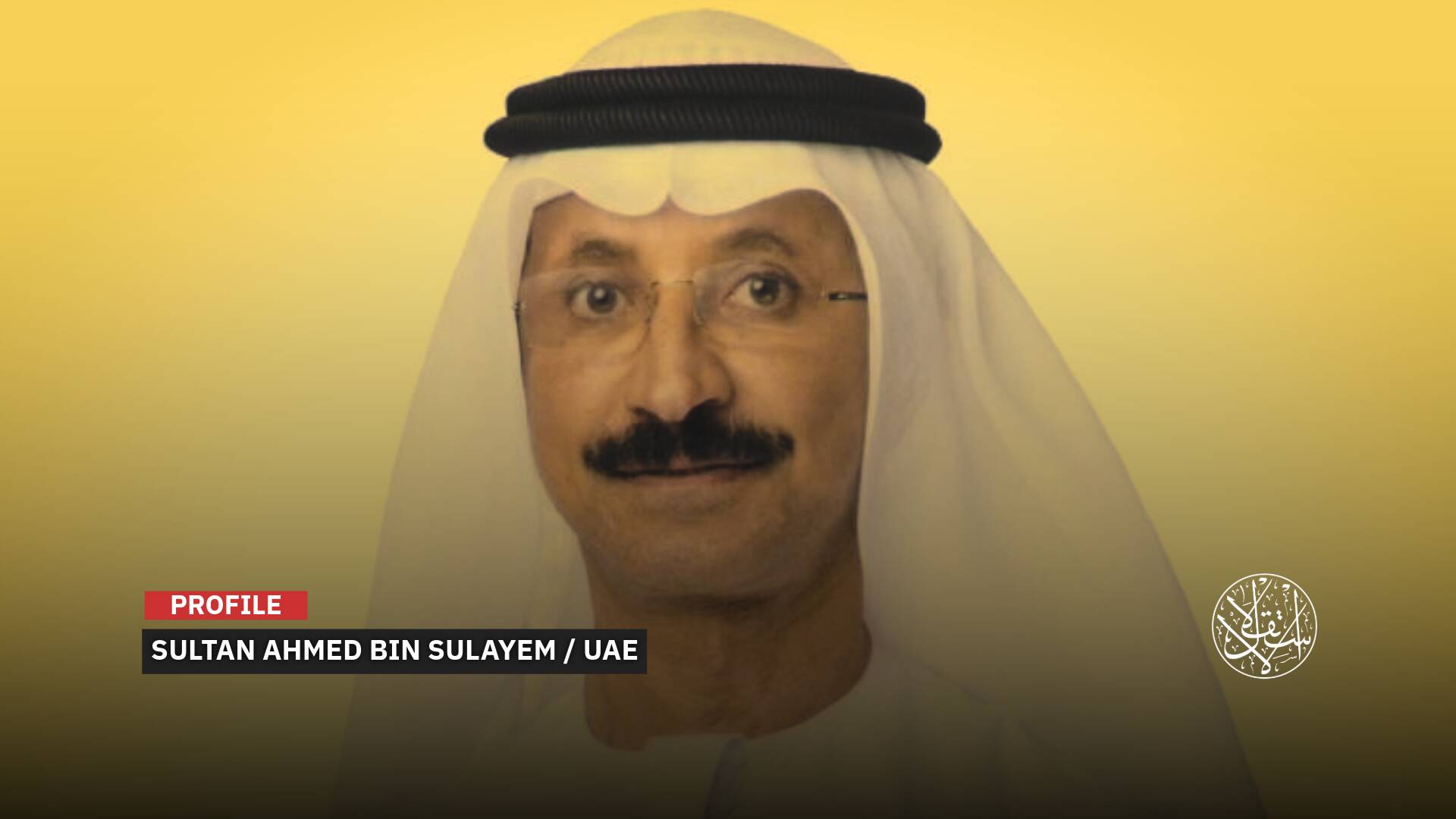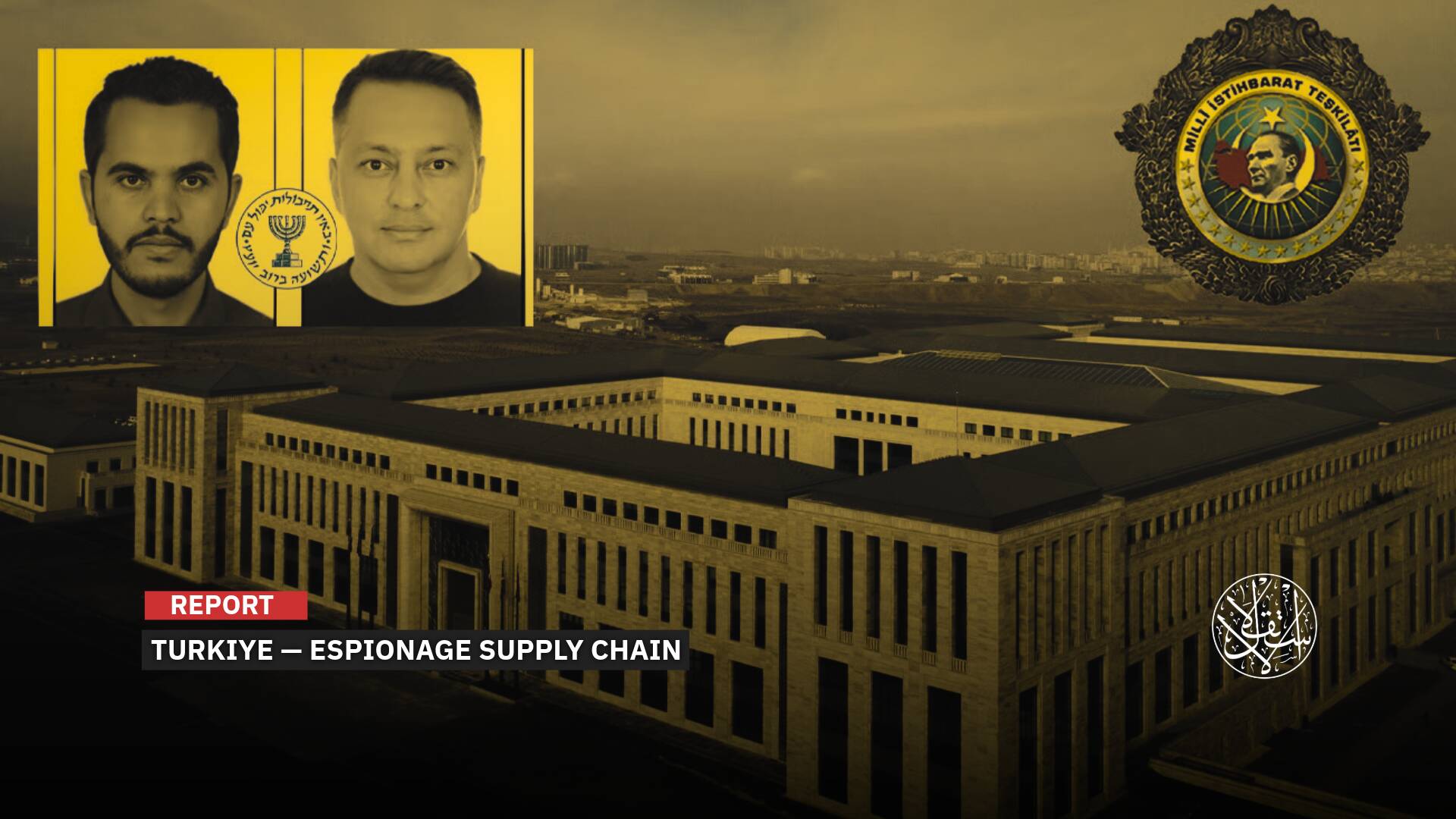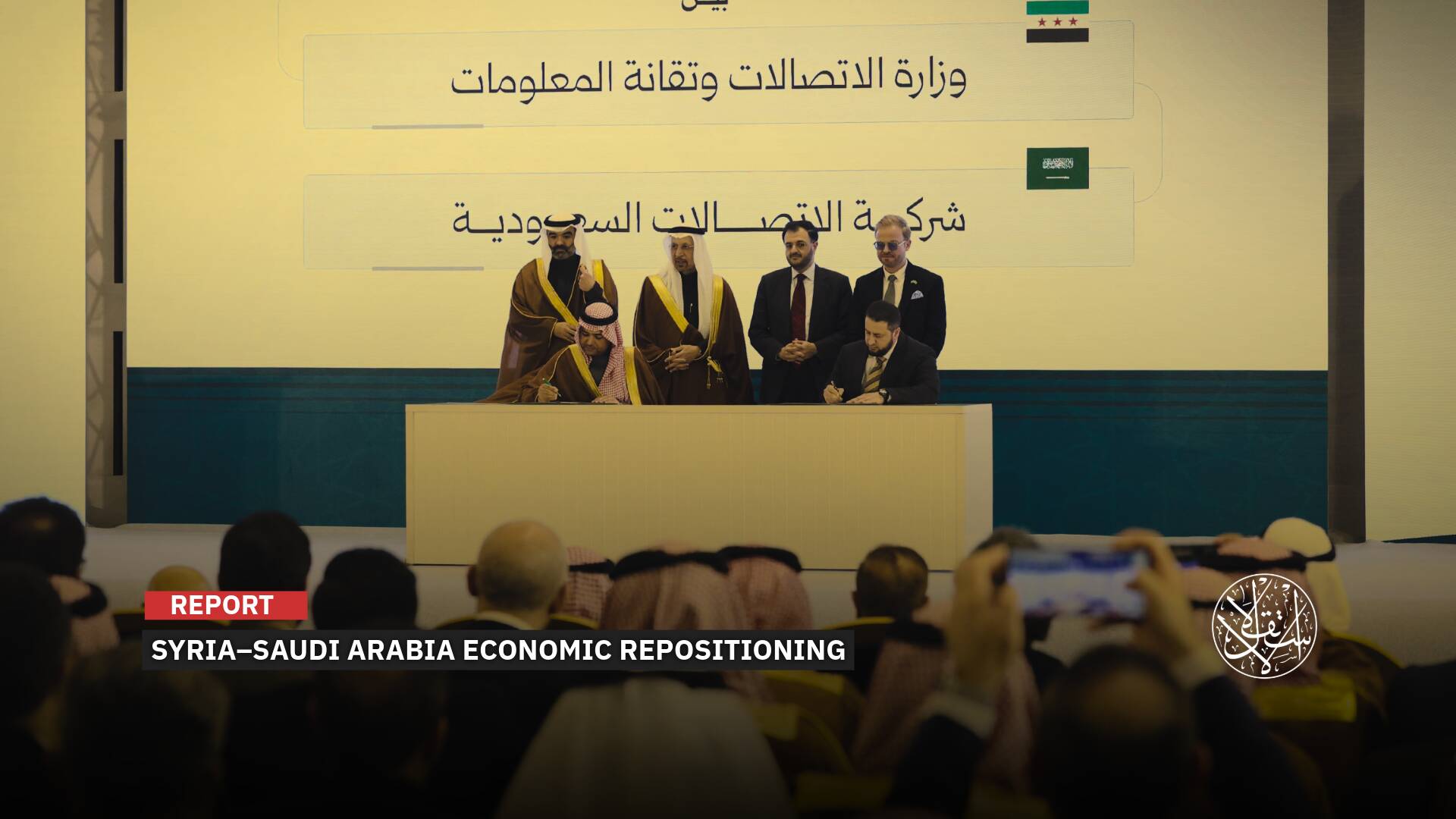Panama and Greenland: How Trump Shows His Expansionist Ambitions

“Trump's remarks may stem from broader concerns over China's influence in Latin America.”
US President-elect Donald Trump has threatened to seize Greenland, restore US control over the Panama Canal, and wage trade wars with the country's two closest neighbors (Canada and Mexico).
Domestically, Trump's remarks have been widely circulated among his supporters, who have praised his ambitious plots, and his opponents, who have seen them as a continuation of the populist approach that deepens the country's political divide.
CNN believes that Trump appears to be entertaining an American territorial expansion that, if he’s serious, would rival the Louisiana Purchase from France or the deal that netted Alaska from Russia.
National Security
On December 22, Donald Trump described ownership of Greenland as an absolute necessity for national security and freedom around the world.
Greenland, home to 56,000 people, covers about 2.2 million square kilometers and is about 2,500 kilometers from the Danish mainland. It has been self-governing since 1979, with its own flag, language, culture, institutions and prime minister.
Greenland's prime minister, Mute Egede, responded to Trump's post by saying, “We are not for sale and will never be for sale.”
The Danish prime minister's office echoed Egede's statement, saying Greenland wasn't for sale but open for cooperation.
Denmark also plans to invest at least $1.5 billion to enhance Greenland's defense capabilities.
“It is ironic that it coincides with the announcement from the United States,” the Danish defense minister, Troels Lund Poulsen said, suggesting that the two events aren't necessarily related and that the investment was previously planned.
Trump has been actively pursuing the idea of buying Greenland since at least 2019, when the then-president pushed his top aides to legally consider acquiring the world’s largest island, The Washington Post reported.
The idea came from Trump’s old friend Ronald Lauder, the heir to the Estee Lauder fortune, who proposed the plan to him early in his first term.
Mike Pompeo, Trump’s secretary of state, visited the island in June 2020 shortly after it reopened its first consulate in Nuuk, Greenland, for the first time since 1953.
Pompeo then highlighted the U.S. presence in the Arctic and criticized Chinese and Russian efforts to gain a foothold on the resource-rich island.
Trump’s offer to buy Greenland from Denmark, first made in his first term, was rejected.

Trump’s Obsession
Last week, US President-elect Donald Trump threatened to take control of the Panama Canal, the US-made waterway controlled for a quarter century by its Central American namesake.
In a separate series of social media posts over the weekend, Trump accused Panama of ripping off the U.S. with high shipping rates and allowing Chinese soldiers to operate the waterway.
Trump’s remarks angered Panamanian President Jose Raul Mulino, who said that every square meter of the canal and the surrounding area belonged to his country, adding that Panama’s sovereignty and independence are non-negotiable.
The backlash extended to neighboring countries, with Colombian President Gustavo Petro declaring his full solidarity with Panama, stressing that his country would stand by Panama’s sovereignty to the end.
This crisis is particularly significant given the vital role the Panama Canal plays in the global economy.
According to Politico, the 82-kilometer waterway, which allows up to 14,000 ships to pass through it annually, represents 2.5% of global seaborne trade.
Trump’s obsession with the Panama Canal is long-standing, according to John Feeley, who served as Trump’s ambassador to Panama.
The Panama Canal was built in the early 20th century and was operated by the United States until 1999, when it was fully handed over to Panama under a treaty signed by President Jimmy Carter two decades earlier.
The Wall Street Journal revealed that one of the main drivers behind Trump’s comments was growing concern about China’s growing influence in the region.
China has replaced the United States as a major trading partner in Latin America, and Trump has previously made explicit reference to this concern.
China has invested heavily in Panama, including in a number of construction deals. A subsidiary of Hong Kong-based CK Hutchison Holdings has long managed two ports located on the canal's Caribbean and Pacific entrances.
An adviser to the president-elect told CNN that pressuring Panama to lower tolls on ships using the waterway could help offset the expected rise in product costs resulting from Trump’s planned tariffs on foreign goods.

Negotiating Tactics
Trump in recent weeks has talked about Canada as the 51st state of the U.S., posting memes and using his Christmas Day post to mock Canadian Prime Minister Justin Trudeau.
In one of his posts, Trump suggested that if Canada became a U.S. state, taxes would drop by more than 60% and economic activity would double.
Trump has threatened to impose 25% tariffs on Mexican and Canadian imports to stop the flow of illegal drugs and illegal immigrants.
During his election campaign, Trump said he might consider invading or bombing Mexico, and his advisers also discussed a soft invasion of the country as the president-elect vows to wage a war on drug cartels.
The Washington Post believes that Trump is currently crafting an America First foreign policy that is hostile toward both U.S. allies and adversaries, and focused on dreams of territorial expansion.
Trump’s expansionist visions may appear to contradict the anti-interventionist promises he made on the campaign trail, as he argued the United States should limit spending to defend Ukraine and bashed NATO.
Trump’s team insists that his recent comments are part of a broader strategy.
“World leaders are flocking to the table because President Trump is already delivering on his promise to Make America Strong Again,” Trump transition spokeswoman Anna Kelly said in a statement.
“When he officially takes office, foreign nations will think twice before ripping off our country, America will be respected again, and the whole world will be safer,” she added.
“An overarching mission of countering Russia and China is the common thread tying together Trump’s comments about Canada, Mexico, Greenland and Panama,” a Trump transition official told The Washington Post.

While many of Trump’s allies dismiss his threats as part of his usual negotiating tactics, there are real concerns about whether he will cross the line between tough rhetoric, economic warfare, and military intervention.
Some Republicans see Trump’s imperialist musings as an act of negotiation, while others see a strategic game related to strengthening US national security, according to the American website The Hill.
Republican strategist Dave Carney said that Trump may be trying to soften the ground for negotiations, recalling his threats during his first term to withdraw from NATO — which some Republicans credited with pressuring other countries to increase their defense spending.
“It’s the art of the deal, and it’s Trump putting America first. He’s trying to get the best deals for America,” said Jim McLaughlin, a Trump pollster.
Sources
- Panama Canal controversy may deepen strain in US-China relations
- Trump team says Canada, Greenland, Panama comments are part of a broader plan
- Trump is teasing US expansion into Panama, Greenland and Canada
- Why some Republicans see Trump’s imperialist musings as an act of negotiation
- Denmark boosts Greenland defense spending after Trump's call for US ownership of the key Arctic territory


